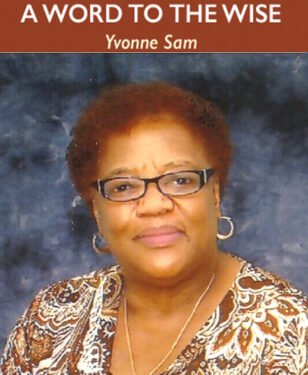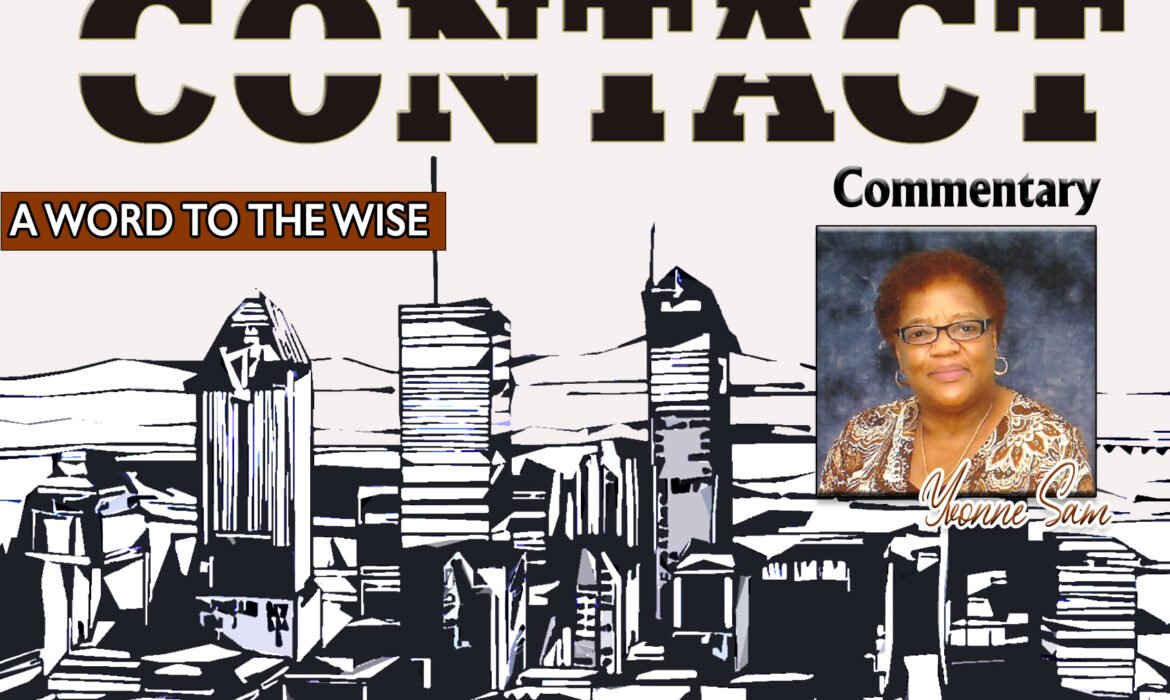Once you learn to read ,you will be forever free”.
 Frederick Douglas
Frederick Douglas
Literacy is the basic building block for an academic career and the lifetime that follows. The connection between reading in early childhood and its impact on future years is clear.
It is fair to say that I grew up in a middle-class family. In retrospect, not only were my parents of old-school orientation, but also of a different school. They occupied my life and that of my siblings like soldiers. When it came to fun, reading was hands down regarded as the primary form of entertainment. From an early age we were served and devoured books such as Up from Slavery (B.T. Washington), Great Expectations (C. Dickens), Little Women (L.M. Alcott), Gulliver’s Travels (J. Swift), Black Beauty (A. Sewell) and The Pilgrims Progress (J. Bunyan). During that early stage of growth it is often said that reading is fundamental. It is not hyperbolic to argue that few statements are more true or have more important implications.
Recently, I was conducting remedial English classes with students preparing to get their high school diplomas en route to college. I was flummoxed at their level of reading, and I am intentionally omitting their reading comprehension. Such a situation catapulted me back to the crucial role that parents and other responsible adults play in children’s educational development. While I would not trade my childhood for anything, it was fraught with sustained encouragement to engage in extracurricular learning activities. My message to parents today is to diligently seek as many ways as possible to equip your child/children with every available opportunity to read. Additionally, become members and frequent visitors to the local library.
While one of the students was struggling to read and comprehend what they were reading, he was confronted with a word that served as an impasse. In an almost inaudible murmur, the student turned and asked me the meaning of the word. Neither his face nor body language revealed an iota of interest in learning the meaning of this newly stumbled upon entrant to his vocabulary. My immediate response was: “Let’s look it up in the dictionary.” Giving me a look like I had just suggested that we send someone a message via smoke signal instead of text, he immediately said, “We could just google it.” While I grew up using a dictionary, the children of today have spent their lives using search engines and apps for their vocabulary homework. I was caught off guard, and the more I thought about it, the more I wondered if my insistence on using a “real” dictionary was simply old-fashioned and nostalgic. Have dictionaries become obsolete? And if so, is this a change for the better? Search engines are convenient, but do they hinder a student from learning to investigate a topic and retain information if a digital device is not immediately available? Innovation is brutally unkind to those who are unwilling or unable to adapt. And perhaps the future will be equally unkind to those who forget how to utilize “traditional” learning resources.
In the case of Black males, whom statistics show are far behind the girls in reading, the crux of the matter is not illiteracy, defined as the inability to read or write, so much as aliteracy, the unwillingness to read even if able to do so. If the text does not pique the interest of the reader, how can they be expected to cultivate a love — and therefore a skillful practice — of reading?
Reading is only one piece of the school puzzle, of course, but it remains a foundational one. If the students in our secondary schools cannot read, how will they ever learn other subjects and make it to a college education (or, in reality, to a high school diploma)? Reading scores tell us so much more than the confines of their statistics. Few things are more Sisyphean than battling an “educational” system that is slow in making changes.
The reading crisis especially among Black boys is fairly complex, as not only does it deal with a type of consciousness, but also speaks volumes about how Black boys feel and believe what is possible for them. How they shape their identities is closely linked to their ability to read. The irony is that reading develops higher thinking, so if they fail at reading, our Black boys essentially mature in an intellectual vacuum. We will not positively impact reading proficiency rates and reverse this reading crisis until we develop a reading consciousness among our Black boys.
Let us also eliminate the excuse, usually spouted by parents and well-intentioned members of the public, that not everyone likes to read. Not liking to read and needing to read are two distinct realities. In order to be competitive in this marketplace, a child must be literate; indeed, must be well-read. We need all hands on deck. We must develop partnerships and lay aside the blame game.
Please be reminded that school administrators, educators and staff are not as committed to solving the problem of literacy as we may be led to believe. The solution, seen in far too many cases, is assigning Black kids to special education and other remedial courses.
The truth is the Black reading crisis is not one that is going to be solved by the education system; it must be tackled at home and in our communities. Books must become the new normal in our homes, churches and communities. The home that is a bastion of education, literacy and attainment is the one bereft of DVDs and replete with an assortment of books — especially in the homes where there are Black boys. Boys should be introduced to books in the home at a very early age. At every juncture of the day spent outside of the school setting, there must be a book which intersects the lives of our boys: a book in the backpack, a book at the dinner table, a book in the bedroom, a book in the car.
We must also bring caregivers, grandparents, older siblings and parents on board and assist them in understanding the role they need to play as it pertains to early literacy. There are things that can be happening in the home, in the church, in the community recreation centres such as exposure to different kinds of print-rich environments that can help children come to school prepared to learn.
Aleuta continua– The struggle continues.
















